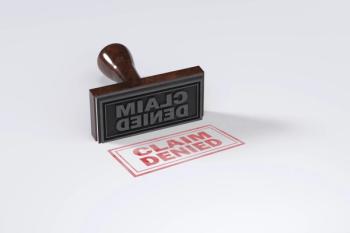
Imprimis Pharmaceuticals pushes the definition of pharmaceutical manufacturing
An all-compounding "manufacturer" has big plans for growth
Imprimis Pharmaceuticals (San Diego) provided its FY2015 financial data on March 23, announcing a 500% increase in revenue—but, at $9.7 million for the full year, its total revenue is barely a rounding error for many blockbuster drugs from Big Pharma companies. Part of the company’s recent success is due to the publicity it received when, after the infamous Turing Pharmaceuticals
Publicly traded Imprimis has just completed a new stock offer, garnering $12 million. Even so, it has not shown a profit since 2011 (if ever; the company’s published financials stop at that point). What is also missing from Imprimis’ website is any information on FDA applications—because its business model is not to seek FDA approval for drug formulations, not even the 505 (b)2 pathway for reformulated generics. (Pre-2104, it had been involved in some clinical trials work.) The company’s stated business model is to be a compounding pharmacy only, an approach it adopted after passage of the 2013 Drug Quality and Security Act (DQSA), which creating a
Said Mark Baum, CEO, during the Q4 financials presentation, “We are in the personalized medicine business today” since it nominally tailors each prescription to individual patient profiles, while also conceding that “there’s no playbook to read from for what we’re doing.” It has targeted or commercialized a range of products in ophthalmology, urology, sinus conditions and a type of “conscious sedation,” all with compounded products based on FDA-approved pharmaceutical ingredients. Each of these areas, Baum notes, is a multibillion-dollar franchise, and Imprimis will follow a “land and expand” strategy of adding additional products in each therapy area to its portfolio. Not highlighted in the Q4 reporting is the company’s intention to continue development of “integrative medicine” products, which in this context translates into compounded formulations of herbal supplements such as artesunate, a treatment for malaria.
Historically, compounding has been a longstanding part of the pharmacy profession but in the past, as companies more or less engaged in the model Imprimis is pursuing, they would draw attention from FDA which would attempt to require clinical trial testing and GMP manufacturing practices. Federal legislation, however, created boundaries around FDA’s jurisdiction (unlike pharmaceutical manufacturers, pharmacies and pharmacists are regulated at the state level). All this blew open in 2012 when a
Newsletter
Stay ahead in the life sciences industry with Pharmaceutical Commerce, the latest news, trends, and strategies in drug distribution, commercialization, and market access.




